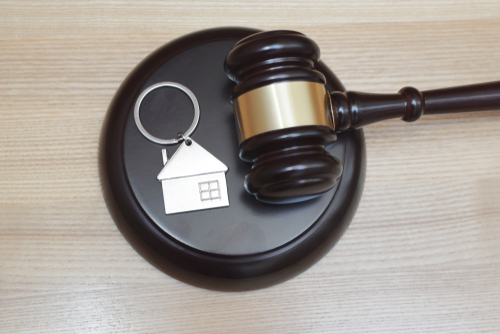This year, a new law took effect fundamentally altering housing regulations in New York. The Housing Stability and Tenant Protection Act extended protection to residential and commercial tenants alike. The law offers renters and residents of manufactured housing eviction protections, permanently closes gaps within the state’s rent-stabilization system and expands the system statewide. But what effect will the law have? Here are a few of the system’s major changes to be aware of:
- Makes rent regulation laws permanent and extends their reach.
- Repeals vacancy and longevity bonuses. Previously, the vacancy bonus permitted landlords to collect up to a 20% rent increase when a rent-regulated unit became vacant. The longevity bonus permitted landlords of these same units to collect an additional increase if they hadn’t taken a vacancy increase in more than 8 years.
- Repeals “decontrol” statutes for high–rent and high-income units. Previously, these laws permitted such units, upon vacancy of the unit, to be deregulated once the rent had reached a maximum threshold.
- Strengthens statewide protections for tenants. Security deposits will be limited to one month’s rent. The law extends the eviction process to permit the tenant in question additional time to pay rent and to find a new residence. Additionally, landlords can not longer evict a tenant who has made a good-faith complaint regarding warranty of habitability violation.
- Reforms the overcharge complaints system and extends the “look-back” rule. The overcharge complaints system previously permitted landlords to commit fraud if a tenant took too long to complain. It changes the “look back” rule from 4 to 6 years, which extends the statute of limitations dictating the amount of time a tenant is permitted to claim an overcharge of rent by their landlord.
- Permits preferential rents to be permanent. Upon lease renewals, property owner can’t discontinue preferential rents for tenants. Once the tenant vacates the home, landlords can charge up to the full legal regulated rent only if the reason the tenant vacated was not due to the failure of the landlord to maintain the apartment.
- Creates protections for both manufactured-home and mobile home tenants. The Housing Stability and Tenant Protection Act strengthens protections against tenant eviction from manufactured and mobile home parks when the reason for an impending eviction is of changing the land’s use. In addition to this increased eviction protection, it also places limitations on rent increases and strengthens rent-to-own opportunities.
New York Real Estate Legal Help
It’s crucial to be aware of changes in housing laws, because the change in protections offered to tenants means landlords must be sure not to violate any of the updated rules or face potentially costly penalties. At the same time, tenants should be aware of their new rights to make sure they are not violated. The highly skilled attorneys at MOWK Law can help with New York residential and commercial real estate issues and advise on how to comply with the changing laws. Get in touch with us today to have your questions answered.

